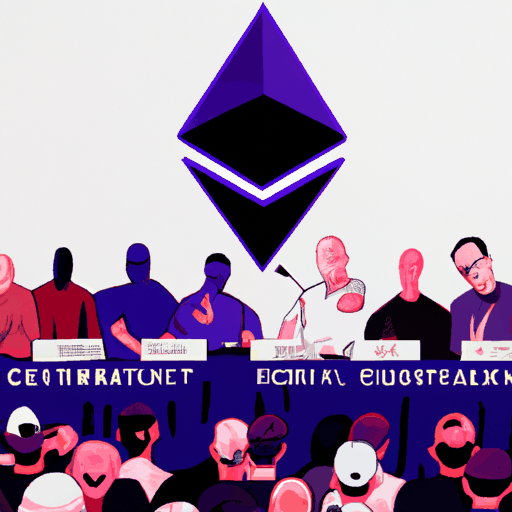
Vitalik Faces Backlash For Downplaying DeFi's Role In Ethereum's Growth
By: Isha Das
Ethereum co-founder Vitalik Buterin has come under fire from the crypto community for his recent comments on decentralized finance (DeFi). In an August 25 post on X, Buterin expressed skepticism about DeFi's potential to drive significant growth in the crypto sector. He stated, "The ongoing existence of the defi market is downstream of the existence of the ETH market, which means that while defi may be great it’s fundamentally capped and can’t be the thing that brings crypto to another 10-100x adoption burst."
His remarks have sparked a strong backlash, especially from prominent figures in the DeFi ecosystem. Arthur Cheong, founder of DeFiance Capital, openly challenged Buterin's views, pointing out DeFi's substantial role in driving Ethereum's current market value. Cheong argued, "[Buterin] doesn’t really understand the usecase and sector that drive value to ETH and make it worth $330 billion."
Similarly critical was Sam Kazemian, founder of Frax Finance, who suggested that Buterin was out of touch with the present dynamics of DeFi and stablecoins. Kazemian claimed Buterin's arguments rely on outdated assumptions. Rhett Shipp, founder of Gravita Protocol, also disputed Buterin’s critique, asserting that DeFi is crucial for Ethereum's value. According to Shipp, DeFi drives the majority of Ethereum's usage and gas fees, asserting that removing DeFi would reduce Ethereum's value by 80%.
Buterin, despite the controversy, remains an ardent advocate for decentralized crypto applications. He acknowledged that while many applications from past crypto booms lacked sustainability, he favors those that are both sustainable and fully decentralized. Buterin cited decentralized exchanges, decentralized stablecoins like RAI, and prediction markets like Polymarkets as examples of applications he supports. He further emphasized the need to expand decentralization beyond finance, including in areas like encrypted messaging, social media, and identity systems, to uphold the core values of privacy and decentralization.
Buterin concluded by stressing the importance of the intersection of decentralized finance with other decentralized technologies, stating, "I think intersections between decentralized finance and other decentralized tech are going to be very important."



